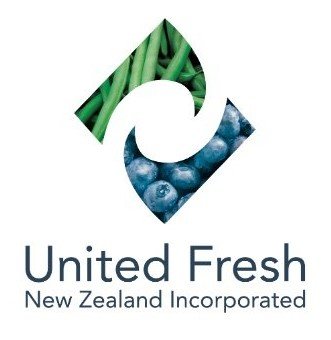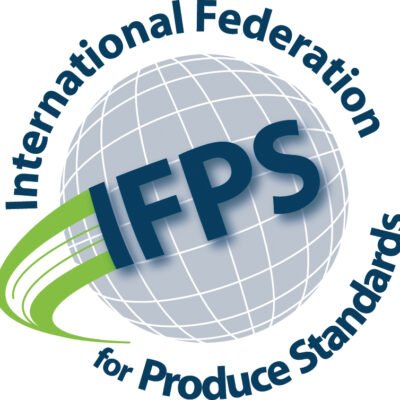SUSTAINABILITY
The produce industry has an intrinsic appreciation for Sustainability. There is a general understanding that we can do better, and that we must do better.
The United Nations’ Sustainable Development Goals (SDGs) is a global framework for global challenges, including poverty, hunger, inequality, the environment, peace, and justice, to which the New Zealand government has committed the country. United Fresh has adopted the SDGs, as the whole of industry sustainability framework. Prioritising these goals is the starting point for our industry’s sustainability journey.
Our work in this sustainability includes the SDGs, as well as environmental, societial, and governance related sustainability.
Read more about our work with United Fresh on Sustainability here.




